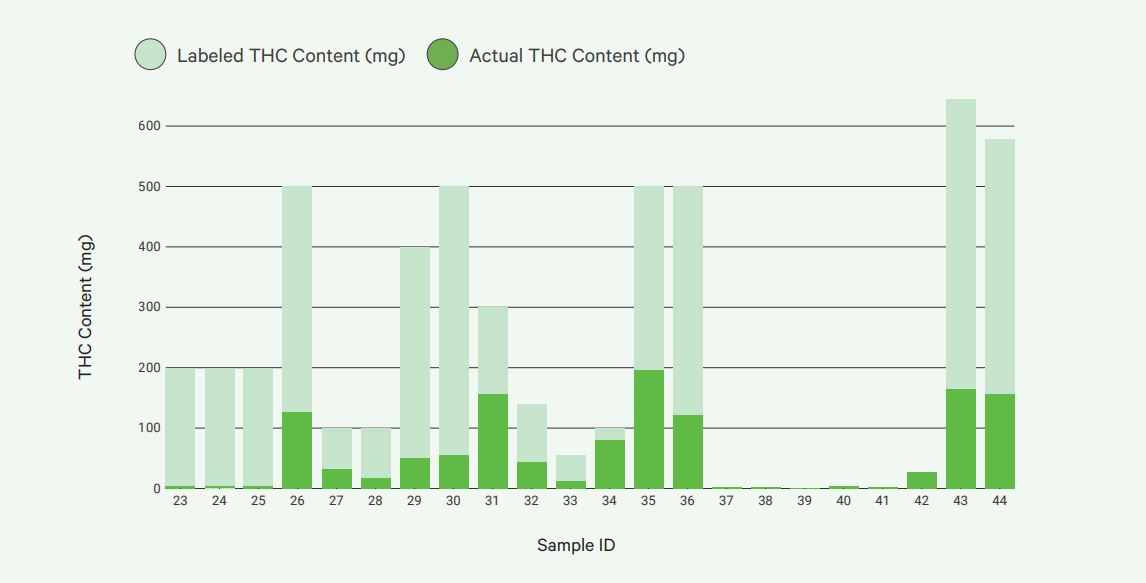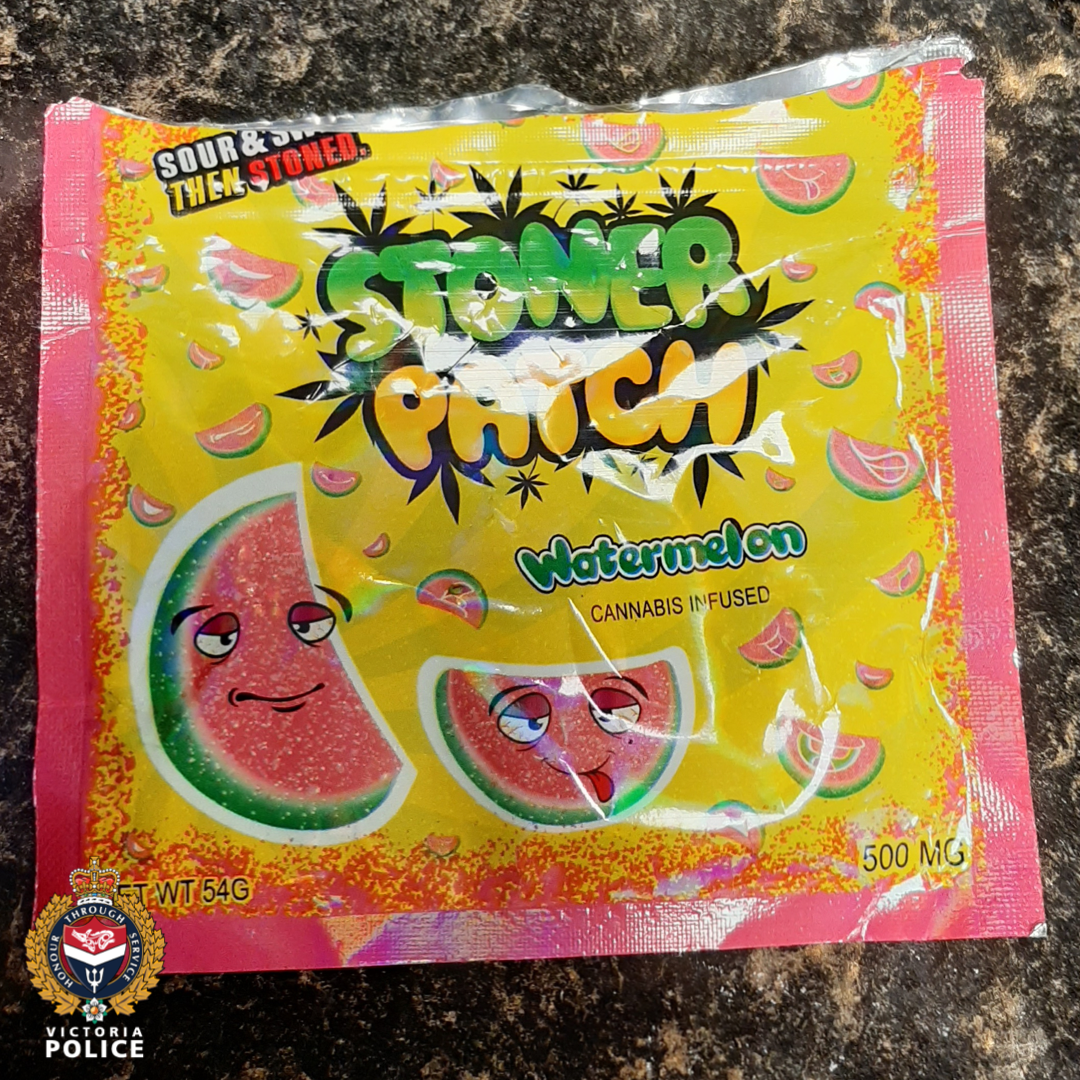A new study by the Ontario Cannabis Store (OCS) found that edibles sold on the black market don’t contain the amount of advertised THC and have traces of unauthorized cannabis pesticides.
On Wednesday, the Ontario Cannabis Retail Corporation (OCRC) –which operates as the OCS– and the Ontario Provincial Police (OPP) published the results of an initial study comparing regulated and unregulated edibles and found that most unregulated edibles had only around 20 per cent of the advertised THC levels.
In a statement, the OCS said illegal products not only fail to deliver the advertised levels of THC but also put consumers at risk of harm from unauthorized pesticides and other potentially harmful contaminants.
The OCS tested 44 edible products in total, where 22 came from the OCS and 22 were seized by the OPP Provincial Joint Force Cannabis Enforcement Team (PJFCET) during cannabis enforcement investigations.
Out of the 22 unregulated products, 19 edibles showed to contain at least one pesticide out of the 96 pesticides tested. One edible sample contained ten different pesticide residues and the majority contained at least two pesticides. In contrast, only two regulated edibles showed minimal traces of pesticides.
Some unregulated products contained very small amounts of THC which was only present on the surface of the edible.
“The study provides further evidence that illegal products are often inaccurate, contain multiple pesticides above Health Canada limits and are ultimately not fit for consumption,” reads an OCS document.
Read more: Ontario weed sales up 28% with convenience options rising: OCS report
Read more: Ontario edibles maker says legacy reputation has followed them to legal market
Read more: Testing pilot finds multiple contaminants in illicit BC bud

Graph via OCS
The testing results are similar to the findings of an earlier study conducted by the National Research Council on behalf of the OPP, which found that illegal dried flower samples contained high levels of pesticides not authorized for use on cannabis.
OPP deputy director Rachel Huggins said the organization’s mandate is to tackle the illegal cannabis market and organized crime groups involved in its operations.
“This new study, presented in conjunction with the OCS, is a key example of why purchasing cannabis through a legal channel is the safest option for adults. We encourage all consumers to be aware, diligent, and smart about decisions related to cannabis,” she added.
“Working with valued partners like the OPP and other law enforcement agencies, we intend to continue to invest in research that provides our consumers with the information they need to make educated decisions around their purchased consumption choices,” chair of the OCRC board of directors Connie Dejak said.
Other provinces such as British Columbia have also tested products in the illicit market. Last year, the province started a testing initiative that found contaminants in cannabis seized from illegal sellers in British Columbia.
More interesting data showing that unregulated cannabis product label potency claims cannot be trusted. Levels of pesticides are concerning in some as well.
Not shocked at all, this is expected based on previous similar investigations.
Anyone suprised? https://t.co/qYGbGqlnso pic.twitter.com/Plv70gGYPo
— Tom Ulanowski (@tom_ulanowski) April 6, 2022
Follow Natalia Buendia Calvillo on Twitter
natalia@mugglehead.com














